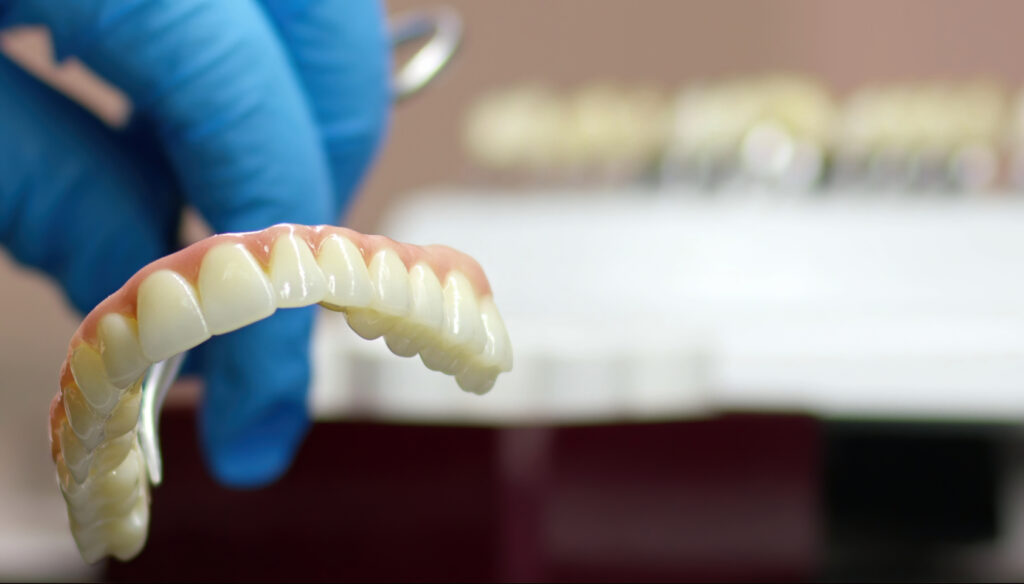Porcelain Fixed Bridges for Dental Concerns
Restore Your Smile Today with Porcelain Fixed Bridges Porcelain fixed bridges are dental prostheses that are used to replace missing teeth. They comprise a series of porcelain crowns that are fused and anchored onto the adjacent natural teeth. They are a popular option for people who have lost one or more teeth because they are […]







